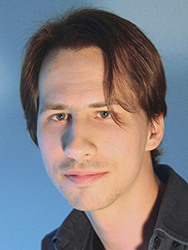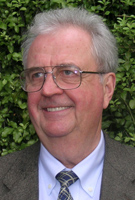Researchers at the 88-Inch Cyclotron successfully made superheavy element 116 using a beam of titanium-50. That milestone sets the team up to attempt making the heaviest element yet: 120.
Today, an international team of researchers led by Berkeley Lab’s Heavy Element Group announced that they have made known superheavy element 116 using a titanium beam, a breakthrough that is a key stepping stone towards making element 120. The result was presented today at the Nuclear Structure 2024 conference; the science paper will be posted on the online repository arXiv and has been submitted to the journal Physical Review Letters.


